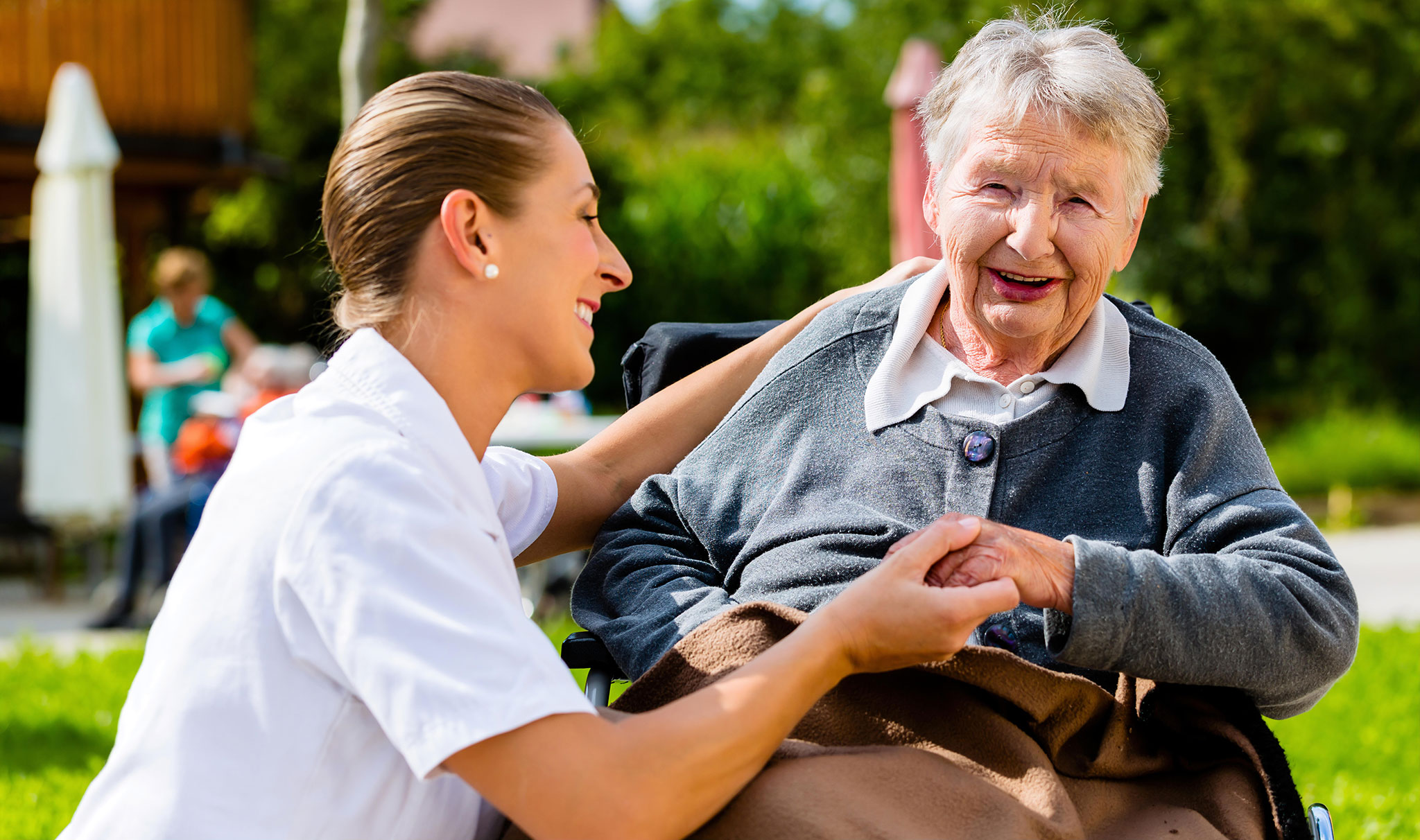As we age, our brains undergo understandable changes. Just as our muscles are no longer as strong, our joints no longer as mobile, and our stamina no longer as long-lasting, the brain also “tires” with age. An analogy for how the brain works is that of a computer that has more and more programs running, making it run slower and slower and sometimes even crashing.
There are age-related manifestations that are perfectly normal, such as temporarily losing your keys or not being able to remember the name of a person you have recently met. On the other hand, the same person may do very well in matters that require long-term memory, are repetitive in nature or require knowledge acquired long ago.
Most forms of dementia are associated with Alzheimer’s disease and they can be recognised by the following symptoms:
- memory loss such as forgetting events, repetition or the need to write things down;
- inability to perform routine actions such as paying bills or cooking a recipe;
- general difficulty with daily activities;
- confusion about space and time;
- inability to understand images and relate to the surrounding space;
- conversational, speech and writing difficulties;
- loss of things and inability to retrace a route;
- withdrawal from society;
- frequent mood swings.
When these symptoms occur, the disorder is usually in its infancy and its progression can be slowed or even eliminated (when caused by reversible causes) by simple methods within everyone’s reach, such as:
- correcting deficiencies or imbalances that have a negative impact on the functioning of the nervous system;
- maintaining blood pressure within normal limits;
- physical activity;
- a normal body weight;
- a good quality, restful sleep;
- involvement in everyday life;
- normal blood sugar levels.
You should also be aware that there are several other diseases or deficiencies that can give similar symptoms, and the diagnosis of dementia, especially in its early stages, can only be made by a specialist.
But what should you do if you notice such symptoms in a loved one or family member? Here are some suggestions:
- consider consulting a specialist;
- find reasons to assess the potential patient’s ability to cope with matters requiring spatial orientation, distance appreciation and possibly diminished driving reflexes;
- call a family meeting.

Ageing is a natural process which, although not as pleasant as youth and the active period of life, is not necessarily a dark stage of existence. It has its aims and pleasures, perhaps of a different nature, but just as rewarding as those of other periods. The key to a peaceful old age, crowned with a quality life, is to accept the conditions that arise with the passage of time and to trust in the family and not least in the help that a multidisciplinary team dedicated to improving the quality of life of the patient can offer.
We can also point out that the treatment addresses both memory disorders and the behavioural disorders that often accompany them and which are addressed in the centre by non-medical methods whose benefit-risk ratio is superior to that associated with classic treatment.


